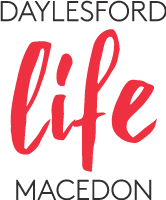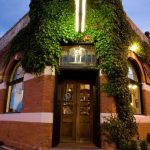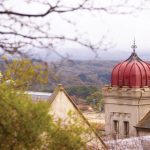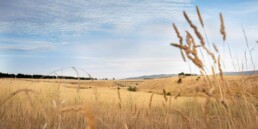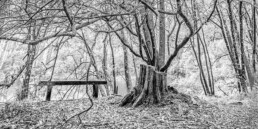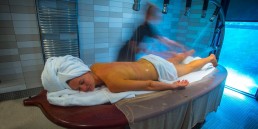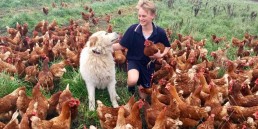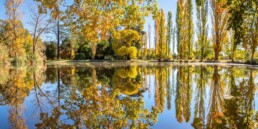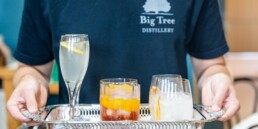The Diggers Club’s Top Tips for Attracting Bees to your garden
It is believed that if bees disappeared off the face of the earth, humans would have just four years to live.
The role of bees as primary pollinators is absolutely vital to the global food supply, to the lifecycle of plants more generally, and to the health of your own backyard.
If you want to relax in your own beautiful and productive garden, you’re going to want to get these buzzing pollinators to work for you. You can create a haven for bees in your backyard with little effort, by offering up the basic hierarchy of needs – food, shelter and water.
Plant Bee-friendly Flowers
Bees are on the hunt for pollen and their favourite colours are blue, purple and yellow. Scatter a variety of wildflowers to ensure a good supply of pollen through warmer months and plant some beautiful bee-attracting plants including Sedum, Coneflowers, Clover, Lavender, Salvia, Borage and Sage. If you grow veggies, always leave a few to bolt. Seeding plants are a bee’s best friend.
Provide Habitat and Water
Bees need a source of shallow water and some protective habitat, whether it’s branches, dead trees, burrows or an insect house. Honeybees live in colonies and hives, but many native bee species nest underground or use natural cavities to make their nests. Leave some patches of partially bare, undisturbed soil without mulch to help underground bee nesters.
Reduce or Eliminate Pesticide Use
Pesticides are commonly used, yet they are poisonous for bees and insects. There are so many tried and tested organic and natural means of pest and weed control for the backyard gardener. One of your greatest tools is planting out a diverse ecosystem which attract predators who will keep unwanted intruders at bay. A mix of chemical-free, open pollinated plants are literally a lifesaver for bees. The Garden of St Erth in Blackwood and the Diggers Club’s Heronswood Garden in Dromana, are both unique examples of public gardens which are completely certified organic. They offer brilliant examples of ways to plant out a diversity of productive and ornamental plants without the use of chemical sprays.
The Diggers Club offers a range of bee friendly flower seed collections, insect hotels, and chemical free gardening options at their Garden Shops at The Garden of St Erth, Heronswood & Cloudehill, or via mail order. The Garden of St Erth in Blackwood also runs a regular workshop and masterclass program to skill up eager gardeners.
See DIGGERS.COM.AU for more information.
About the author
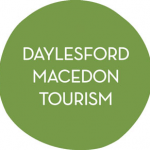
Daylesford Macedon Tourism
Daylesford Macedon Tourism Ltd is the Regional Tourism Board for the Daylesford and Macedon Ranges region.
- Daylesford Macedon Tourismhttps://daylesfordmacedonlife.com.au/author/daylesford-macedon-tourism/April 21, 2018
- Daylesford Macedon Tourismhttps://daylesfordmacedonlife.com.au/author/daylesford-macedon-tourism/April 21, 2018
- Daylesford Macedon Tourismhttps://daylesfordmacedonlife.com.au/author/daylesford-macedon-tourism/April 21, 2018
Share this article
While You're Here
Bridges of Macedon County
Bridges of Maddison County, the modern-day love affair played out on the big screen by Clint…
Cold is Cool
“Are you a summer or a winter person?” was a question that did it to me. Suddenly I was reminded of…
Unique Wellness Therapies
The ancient Geisha Facial treatment, utilising powdered nightingale droppings to ensure a radiant,…
Interview with Josh – Rainbow Eggs
Charming and full of exuberance is seventeen-year-old Josh from Rainbow Eggs.
Autumn Botanic Gardens Treasure Hunt
Daylesford and the Macedon Ranges are spectacular in autumn and everyone wants to join in on the…
Pay it Forward in Woodend
Located in the heart of the Macedon Ranges, Woodend is a lively and welcoming village, which has…
